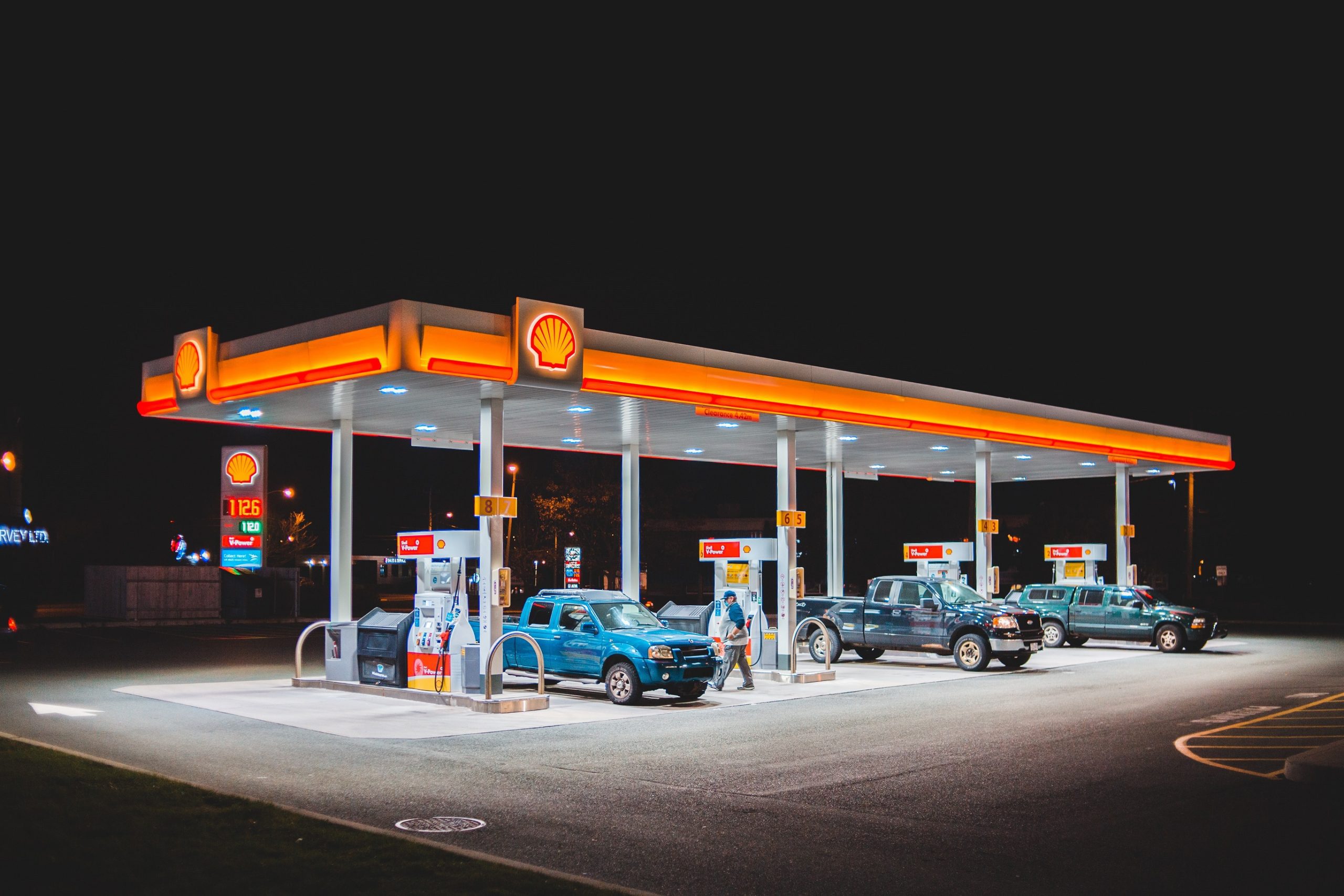Agent-based modelling is a novel way to analyse biofuel supply chains, where it reproduces the complex dynamics of society.
(Foto: Erik Mclean / Unsplash)
The issue in modelling supply chains (the processes that takes goods from production to sales), says PhD candidate Moncada Escudero, is the fact that most models are based on mathematical optimisation. They take an input and run it for hours to find the optimum solution to the problem. Then they return an output. But this assumes that the supply chain’s decision-makers and policy-makers make rational decisions. It assumes that everyone has access to all the available information. It also assumes that people always pick the best option, that is, the one that maximises their gains. We know, though, that humans have bounded rationality.
Jorge Andrés Moncada Escudero from the Faculty of Technology, Policy and Management, is about to graduate a doctoral thesis on the modelling of biofuel supply chains under the supervision of Prof. Margot Weijnen (TU Delft), Prof. Zofia Lukso (TU Delft), Prof. Martin Junginger (University of Utrecht) and Prof. André Faaij (University of Groningen).
Actors and agents
As people are not always rational, says Moncada Escudero, an optimisation-based algorithm may not be the best choice. An alternative approach, which is already being used in other fields of engineering such as traffic flows and economic scenarios, is the agent-based approach. Moncada Escudero says that every actor (institutions, companies, people) in the simulation is given rules for interaction and decision-making. It can be an if-then-else simulation. For example, if the price of biofuel is low then it is advantageous to buy it, otherwise it’s better to go for standard fuels.
What sets agent-based modelling apart from other paradigms is that it is bottom-up rather than top-down. It does not analyse the behaviour of a big system from above, but builds it up from smaller pieces without destroying the mathematical correctness of the system. Moncada Escudero says he was able to reproduce some of the trends in the German and Brazilian biofuel supply chains, which are the largest producers of biodiesel and ethanol respectively.
Model performance
When asked about the future of biofuel supply chains, he says that it is almost impossible to predict as the policy landscape is always changing or unexpected technological breakthroughs emerge. The modelling of biofuel supply chains involves social and economic phenomena that are both complex and not well understood. This makes an accurate prediction or historical replay of the system impossible. Nonetheless, his research was able to propose an innovative method to analyse the behaviour of a biofuel supply chain, an important step forward for the growth of this market.
J.A. Moncada Esdudero, Exploring the Evolution of Biofuel Supply Chains. An Agent-Based Modeling Approach, PhD supervisors Professor Margot Weijnen (TPM) and Professor Zofia Lukszo (TPM), 23 November 2018.
Giulio Dacome / Stagiair



Comments are closed.